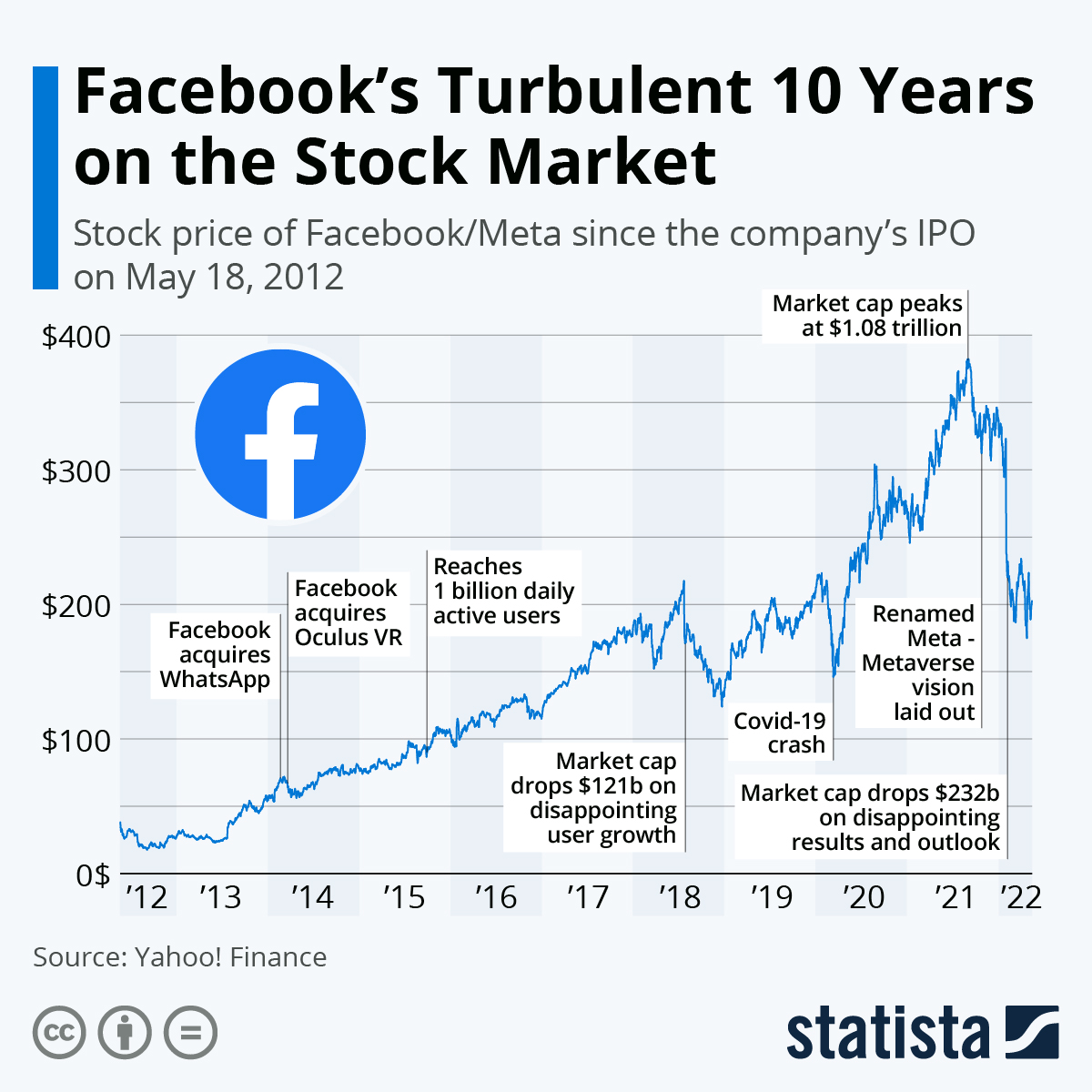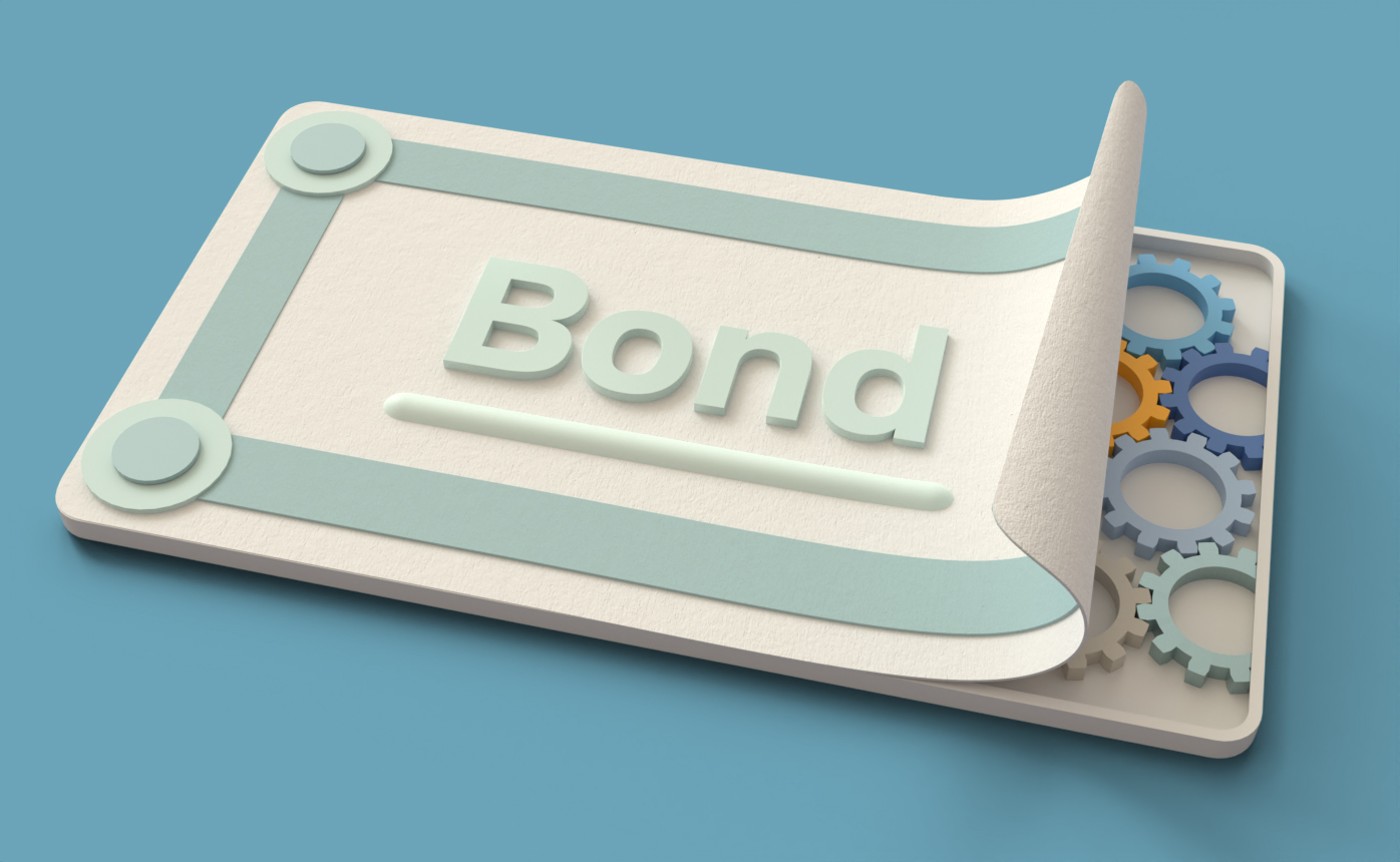
Forex leverage and margin are important details to understand if you wish to trade. If you want to trade in Forex, you can use a leverage of 100:1. To trade in $10,000, you could use a $100 margin deposit. If you place a $20 position at 100:1 leverage, you will control $2,000 of the value of a currency pair. This scenario allows the broker to lock the position for you and gives you $2,000 in free margin. This free margin can be decreased if the market moves against it.
Leverage
Forex traders can leverage to increase their market exposure. Forex leverage of 200:1 means that a trader needs only $50 to open a position for $10,000. This allows the trader to maximize their profits. Leverage has the drawback of allowing one to lose all of their capital. Before using it, traders should understand how it works. Let's take a look at the basics of this type trade and explain what it all means.

Margin
Forex margin means that you won't lose more money than what you invest. You don't have to invest 100 000 dollars in the USD/JPY currency pairing. You will need to only invest a part of your margin. This depends on the forex broker that you use and the leverage. Your margin will affect how much trade you can make.
Margin trading
For large foreign exchange investments, margin trading forex is a common method of making large financial transactions. Traders deposit money into their account in order to open a position, known as the initial margin. If the trade goes against them they might need to add funds to their account. These margin calls are also known as margin calls and they require that the trader add additional funds to his account in an effort to maintain his position.
Calculating margin required
The forex margin calculator can help you determine how much forex margin you need in order to trade. If you open a trade with too little margin, you may face a margin call, while an account with too much margin could result in a profitable trade. Your risk appetite, as well as the leverage you use, will affect how much margin you need to open trades. You could use a leverage of 1:100 to open a trade and have ten thousand dollars in total trading margin. This would enable you to open many trades using smaller amounts, like five hundred dollars per trade. You cannot trade with more than $10,000 in total margin. This means you need to be cautious and adhere to all rules and regulations.
Signs of a margin-call
The signs of a forex margin call are often the same as those for a cash-out. A margin call is basically when a broker calls you to replenish your margin deposits. When your account balance drops below the amount required margin to keep your positions open, this is called a margin call. This usually occurs when you are trying to close a leveraged position. In these cases, you will receive a notification that you need to replenish your account balance in order to avoid losing your entire investment.

Monitoring the margin
Investors need to monitor the forex margin level. This is important because it indicates how much money you have available for new positions. Margin calls can be very dangerous if the level drops below a certain threshold, known as a margin call. Many forex brokers set their margin calls thresholds at 100 percent. Before opening a live account, you need to know how monitor your forex margin. Refer to your margin agreement for more information.
FAQ
How do people lose money on the stock market?
The stock market is not a place where you make money by buying low and selling high. You lose money when you buy high and sell low.
The stock exchange is a great place to invest if you are open to taking on risks. They will buy stocks at too low prices and then sell them when they feel they are too high.
They are hoping to benefit from the market's downs and ups. But they need to be careful or they may lose all their investment.
What is the difference in marketable and non-marketable securities
Non-marketable securities are less liquid, have lower trading volumes and incur higher transaction costs. Marketable securities, however, can be traded on an exchange and offer greater liquidity and trading volume. Because they trade 24/7, they offer better price discovery and liquidity. However, there are many exceptions to this rule. For instance, mutual funds may not be traded on public markets because they are only accessible to institutional investors.
Marketable securities are more risky than non-marketable securities. They are generally lower yielding and require higher initial capital deposits. Marketable securities are generally safer and easier to deal with than non-marketable ones.
A bond issued by large corporations has a higher likelihood of being repaid than one issued by small businesses. Because the former has a stronger balance sheet than the latter, the chances of the latter being repaid are higher.
Marketable securities are preferred by investment companies because they offer higher portfolio returns.
Who can trade on the stock exchange?
Everyone. However, not everyone is equal in this world. Some have better skills and knowledge than others. They should be rewarded for what they do.
However, there are other factors that can determine whether or not a person succeeds in trading stocks. For example, if you don't know how to read financial reports, you won't be able to make any decisions based on them.
These reports are not for you unless you know how to interpret them. You must understand what each number represents. And you must be able to interpret the numbers correctly.
You'll see patterns and trends in your data if you do this. This will allow you to decide when to sell or buy shares.
If you are lucky enough, you may even be able to make a lot of money doing this.
How does the stock markets work?
You are purchasing ownership rights to a portion of the company when you purchase a share of stock. Shareholders have certain rights in the company. He/she can vote on major policies and resolutions. He/she has the right to demand payment for any damages done by the company. He/she may also sue for breach of contract.
A company cannot issue shares that are greater than its total assets minus its liabilities. This is called capital sufficiency.
A company that has a high capital ratio is considered safe. Companies with low capital adequacy ratios are considered risky investments.
What is security in the stock exchange?
Security is an asset that generates income for its owner. Most security comes in the form of shares in companies.
A company may issue different types of securities such as bonds, preferred stocks, and common stocks.
The earnings per shares (EPS) or dividends paid by a company affect the value of a stock.
Shares are a way to own a portion of the business and claim future profits. If the company pays a dividend, you receive money from the company.
You can sell your shares at any time.
Why is marketable security important?
The main purpose of an investment company is to provide investors with income from investments. It does this by investing its assets into various financial instruments like stocks, bonds, or other securities. These securities offer investors attractive characteristics. These securities may be considered safe as they are backed fully by the faith and credit of their issuer. They pay dividends, interest or both and offer growth potential and/or tax advantages.
It is important to know whether a security is "marketable". This refers to how easily the security can be traded on the stock exchange. It is not possible to buy or sell securities that are not marketable. You must obtain them through a broker who charges you a commission.
Marketable securities are government and corporate bonds, preferred stock, common stocks and convertible debentures.
These securities are a source of higher profits for investment companies than shares or equities.
Statistics
- For instance, an individual or entity that owns 100,000 shares of a company with one million outstanding shares would have a 10% ownership stake. (investopedia.com)
- Even if you find talent for trading stocks, allocating more than 10% of your portfolio to an individual stock can expose your savings to too much volatility. (nerdwallet.com)
- Individuals with very limited financial experience are either terrified by horror stories of average investors losing 50% of their portfolio value or are beguiled by "hot tips" that bear the promise of huge rewards but seldom pay off. (investopedia.com)
- The S&P 500 has grown about 10.5% per year since its establishment in the 1920s. (investopedia.com)
External Links
How To
What are the best ways to invest in bonds?
You need to buy an investment fund called a bond. The interest rates are low, but they pay you back at regular intervals. These interest rates are low, but you can make money with them over time.
There are many ways you can invest in bonds.
-
Directly buy individual bonds
-
Buy shares from a bond-fund fund
-
Investing through an investment bank or broker
-
Investing through financial institutions
-
Investing through a Pension Plan
-
Directly invest through a stockbroker
-
Investing through a Mutual Fund
-
Investing through a unit-trust
-
Investing in a policy of life insurance
-
Investing via a private equity fund
-
Investing with an index-linked mutual fund
-
Investing via a hedge fund